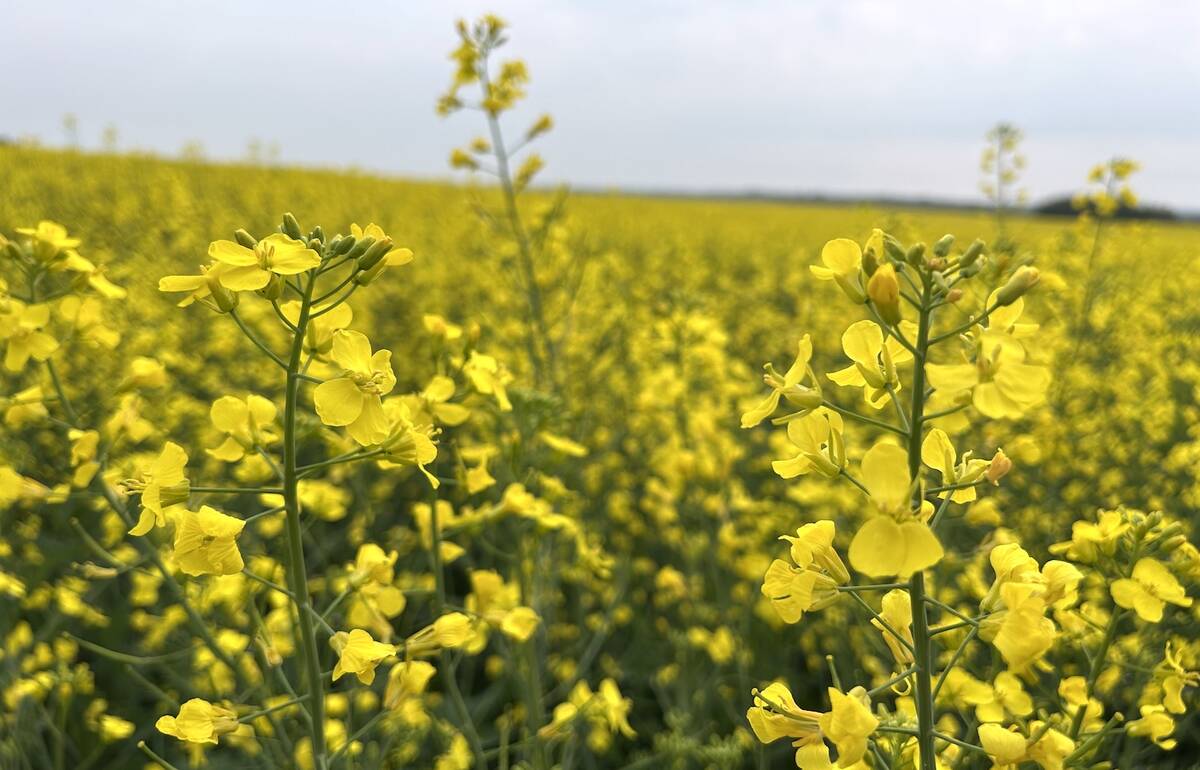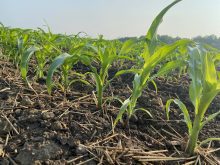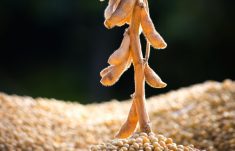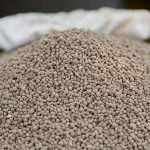As the end of October approached, the grim spectre of tariffs put a scare into oilseed end-users on the other side of the world.
In early September, China announced it would conduct an anti-dumping investigation into Canadian canola imports covering the entire 2023 calendar year, likely in retaliation to Canada’s plans to impose hefty tariffs on electric vehicles made in China, as well as its steel and aluminum.
It isn’t known when or if China will put tariffs on the oilseed, but Chinese buyers are acting like there will be.
Read Also

Lower canola seeding rates can pay off: study
Research shows lower canola seeding rates improve emergence and root systems, boosting yields in dry years while cutting input costs.
Canadian canola exports this marketing year, of 2.9 million tonnes through Oct. 27, compare to only 1.3 million tonnes at the same point in 2023. China is the primary destination, and the country is thought to be front loading its purchases.
A similar tariff-related rise in Chinese demand is also happening to United States soybeans. As of Oct. 24, the U.S. Department of Agriculture reported 10.4 million tonnes of the crop was inspected for export this marketing year, 2.2 per cent more than the previous year and a four-year high. During that week, 2.4 million tonnes were shipped, with 1.5 million going to China.
Former U.S. President and Republican presidential candidate Donald Trump said he would impose 60 per cent tariffs on Chinese imports. Fears of retaliatory tariffs from China are likely to create additional soybean purchases.
While the situations may be similar, how they end will be different.
Canola is more volatile on the markets, price-wise. With Canada’s 18 million-tonne crop, as well as smaller rapeseed crops in Russia and Ukraine, lower supplies and higher prices could turn China away from canola altogether.
As for soybeans, the U.S. is anticipating one of its largest crops ever at around 125 million tonnes. In Brazil, the crop could be as much as 167 million tonnes, the largest on record.
There is more room for China to manoeuvre no matter who is elected president on Nov. 5. If Democratic candidate Vice-President Kamala Harris wins, the tariff worries would be gone. If Trump is elected, Chinese buyers can sleep easier knowing Brazil can provide them with all their soybean needs.
China’s infatuation with canola could be ending sooner than later, while soybeans will still be a staple for buyers.















